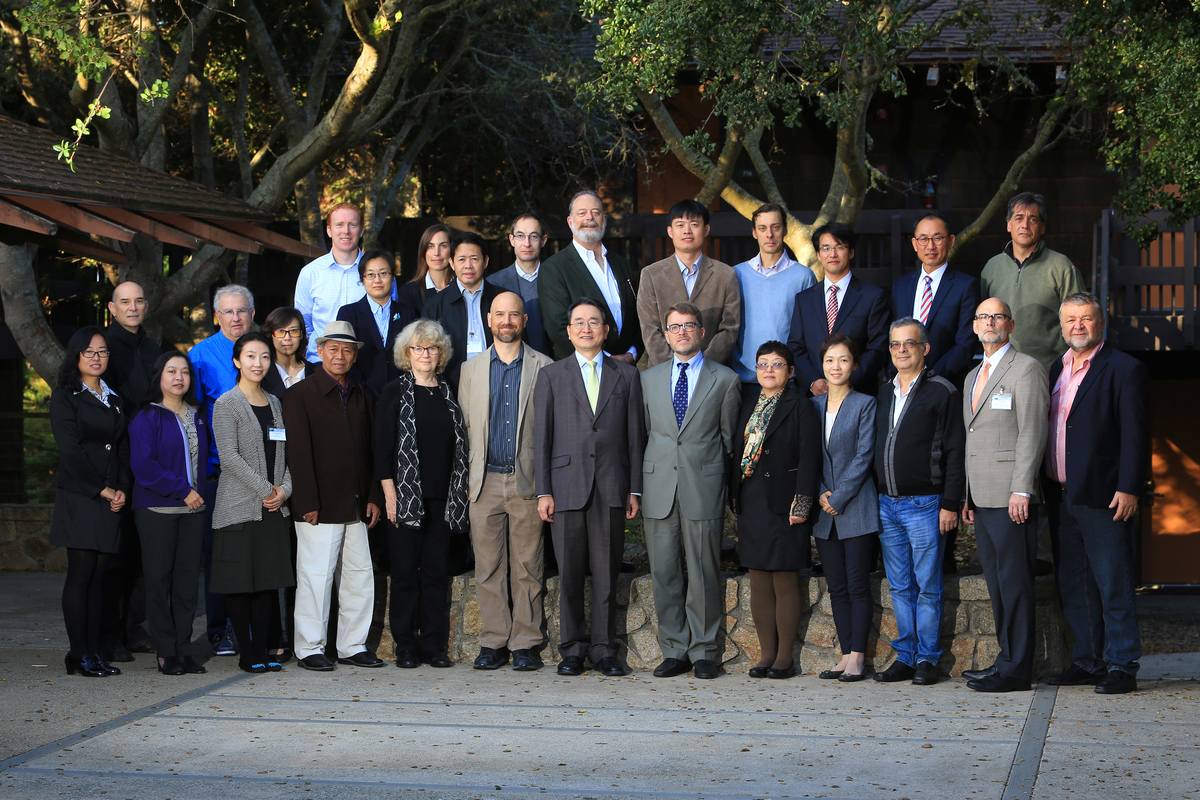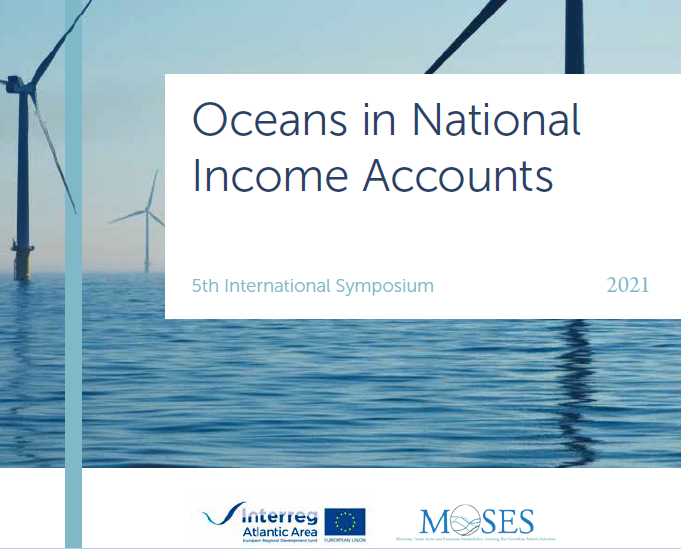Measuring the Blue Economy Worldwide

The Center for the Blue Economy leads the effort to measure the economic contributions of oceans and coastlines at the local, regional, state, national, and international levels.

In 2015, the Center for the Blue Economy hosted the first Oceans in International Income Accounts symposium with 26 attendees representing 10 countries. This was the start of an important global conversation on how to define and measure the ocean economy within a national income accounting system. The third annual Oceans in International Income Accounts symposium was hosted by the Organization for Economic Cooperation and Development (OECD) in Paris, France, in 2017, with 71 people representing 26 countries.

Most recently, the 5th International Symposium was hosted by National University of Ireland, Galway on March 24-25, 2021, and Dr. Charles Colgan, the Director of Research at the Center for the Blue Economy (and the individual who instituted the methodology to measure the blue economy now used worldwide) gave a notable presentation. He lays out clearly how climate change is a vital consideration in measuring the blue economy, and planning for the future. Click the link below to see his presentation. The papers from the 5th symposium were published as Volume 8/Issue 2 of the Journal of Ocean and Coastal Economics.
- The U.S. Ocean Climate Action Plan: The New Blue Economy for the 21st Century and Implications for Ocean Accounts
- Scroll to Session 4, talk begins at minute 33:45
Not only is the Center for the Blue Economy a leader in fostering this growing movement, we are also leading the way in “metadata analysis.” Metadata is data about data—a standard way of describing the oceans in national income accounts. This will allow us to compare data between nations.
